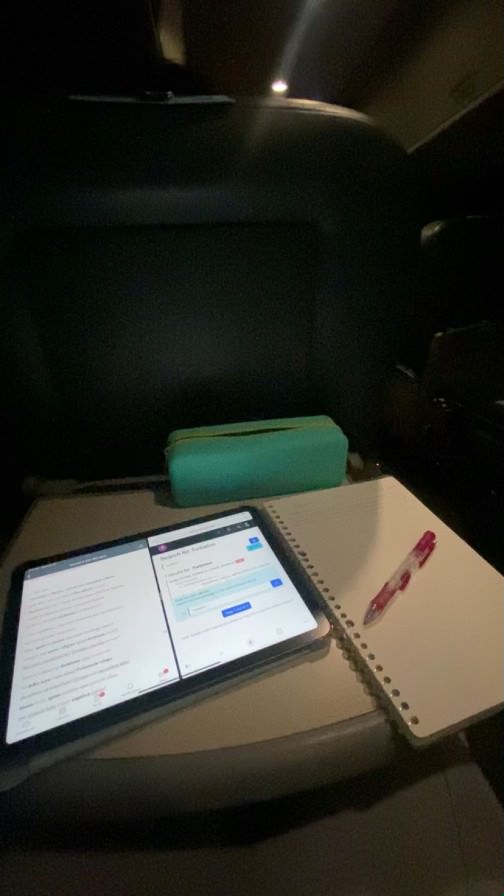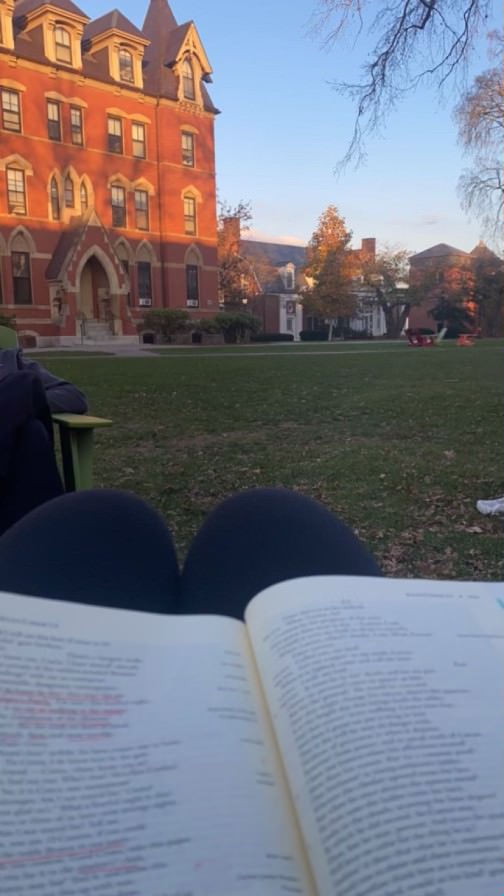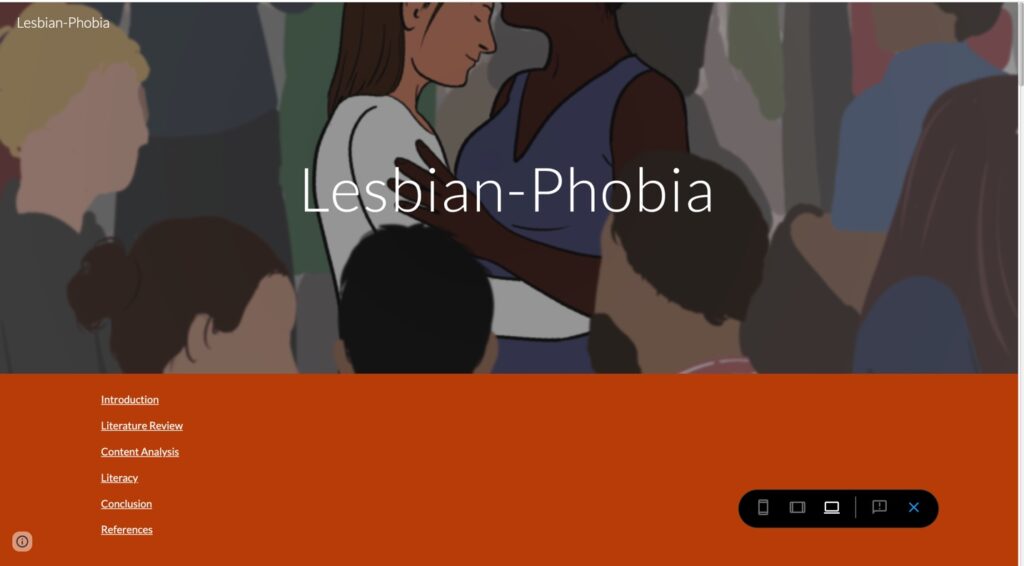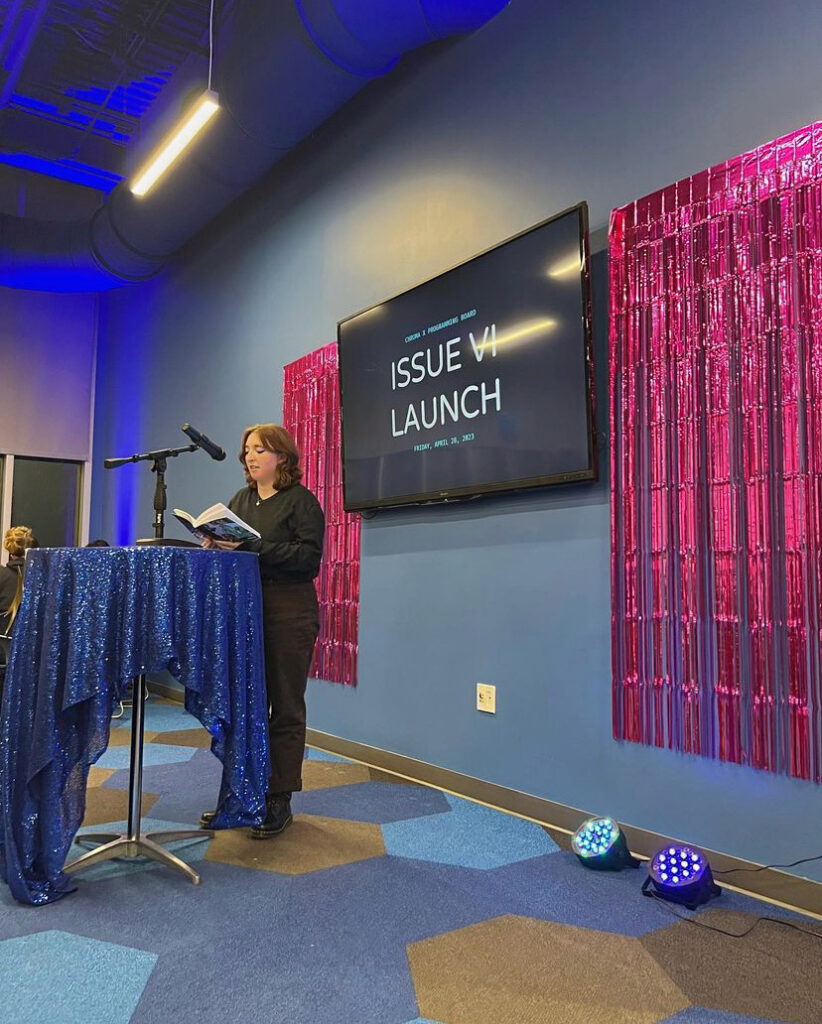The countdown is never-ending, the countdown for the next test, for the next paper, for finals. During my practice, the timer does not stop. It consumes my efforts to have the fastest time and be the most efficient and skilled on and off the water. As busy college students, we are all familiar with the feeling of searching for time. What I’ve learned, and still am learning, is the importance of prioritizing, taking a step back, and recognizing what I want and need to accomplish and how much I have already done.
There are moments during the school year when I’ve felt stuck in an endless cycle of completing a task and beginning a new one. Overwhelmed and unsure of where to start, focusing and using precious time effectively becomes difficult. Everyone’s way of coping and time management strategies varies, but for me, I found breaking down my work into smaller tasks and dedicating blocks of time to work on these more straightforward assignments is the best way to feel accomplished at the end of a busy day and set up to do it all over again in the morning.

This strategy primarily works when I’m in season, and my weekends typically spent studying or writing essays are taken up by races. Instead of struggling to make up for the lost time, I find myself reading my assigned texts while working out for extra steady-state minutes or listening to news podcasts while walking to class. Multi-tasking has become a convenient way to finish simple tasks, and when I have larger chunks of time in my schedule, I can dedicate those to completing more daunting assignments such as drafting my close-reading analysis paper or studying for my Latin exam. Despite these time constraints, I always know I can meet any task and deadline and not crack under time pressure. I always remind myself to be kind to my needs and mind, knowing that my essays, projects, and homework assignments were completed with my best foot forward.

Creating time with these means proves it’s not about going through the motions but setting intentions and feeling confident in the process. There will be days when you trip and fall, perhaps working too hard on one assignment and dedicating no time to studying for an upcoming exam, but there will also be days when you find your stride in your productivity, seizing rather than spending time in ways that are most beneficial to you.
There is only so much time students have in a day. While it may be frustrating, it is crucial to remember that there will always be another day, another opportunity to begin again and seize the day with intention. By breaking down challenging tasks, there will always be a way to make time for yourself and truly enjoy college life.

By Lecia Sun
Lecia is a student at Tufts University studying Classics and World Literature. When she is not reading, she can be found attempting the New York Times Games, trying out a new creative hobby, and dreaming about her next great bake.
For over 20 years, the Campus Clipper has been offering awesome student discounts in NYC, from the East Side to Greenwich Village. Along with inspiration, the company offers students a special coupon booklet and the Official Student Guide, which encourages them to discover new places in the city and save money on food, clothing, and services.
At the Campus Clipper, not only do we help our interns learn new skills, make money, and create wonderful e-books, we give them a platform to teach others. Check our website for more student savings and watch our YouTube video showing off some of New York City’s finest students during the Welcome Week of 2015.








